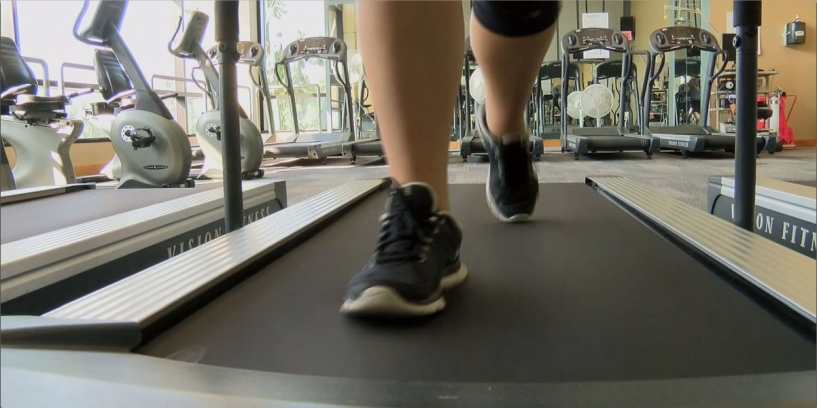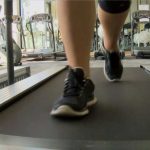Scientists find exercise may help prevent the risk of coronavirus. Could extracellular superoxide dismutase (EcSOD) also be a potential treatment for COVID-19?

About two weeks ago, the Atlantic published a very insightful piece on coronavirus and how the disease is a “proving to be a disease of the immune system.” The article further explained why some people get why some people get sicker than others. As scientists and researchers know more about this virus, it is becoming apparent that the mortality rate has less to do with the pathology of the disease itself and more to do with common autoimmune conditions that leave patients particularly susceptible to infection.
So far, people with autoimmune disorders and other underlying health condition like hypertension, diabetes, and cardiovascular disease, are more likely to have severe complications after contracting the virus compared to otherwise healthy individuals.
Now, a new review conducted by two researchers at the University of Virginia School of Medicine found that regular exercise may reduce the risk of acute respiratory distress syndrome, a major cause of death in patients with the COVID-19 virus.
“We cannot live in isolation forever. Regular exercise has far more health benefits than we know. The protection against this severe respiratory disease condition is just one of the many examples.”
Led by Dr. Zhen Yan, the director of the Center for Skeletal Muscle Research at UVA’s Robert M. Berne Cardiovascular Research Center, the review showed that medical research findings “strongly support” the possibility that exercise can prevent or at least reduce the severity of ARDS, which affects between 3% and 17% of all patients with COVID-19.
“All you hear now is either social distancing or ventilator, as if all we can do is either avoiding exposure or relying on a ventilator to survive if we get infected,” Yan said. “The flip side of the story is that approximately 80% of confirmed COVID-19 patients have mild symptoms with no need of respiratory support. The question is why. Our findings about an endogenous antioxidant enzyme provide important clues and have intrigued us to develop a novel therapeutic for ARDS caused by COVID-19.”
Dr. Yan also said that he is looking at an antioxidant known as “extracellular superoxide dismutase” (EcSOD). According to Dr. Yan, EcSOD is a potent antioxidant hunts down harmful free radicals, protecting our tissues and helping to prevent disease. Our muscles naturally make EcSOD, secreting it into the circulation to allow binding to other vital organs, but its production is enhanced by cardiovascular exercise.
Dr. Yan’s review further shows a decrease in the antioxidant is seen in several diseases, including acute lung disease, ischemic heart disease and kidney failure. Lab research in mice suggests that blocking its production worsens heart problems, while increasing it has a beneficial effect. A decrease in EcSOD is also associated with chronic conditions such as osteoarthritis.
Research suggests that even a single session of exercise increases production of the antioxidant, led Dr. Yan to urge people to find ways to exercise even while maintaining social distancing. “We cannot live in isolation forever,” he said. “Regular exercise has far more health benefits than we know. The protection against this severe respiratory disease condition is just one of the many examples.”

